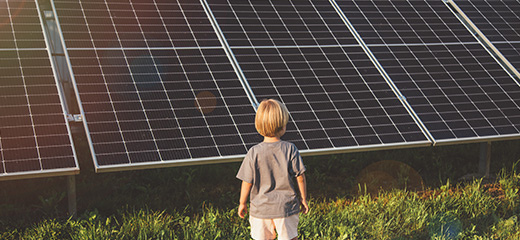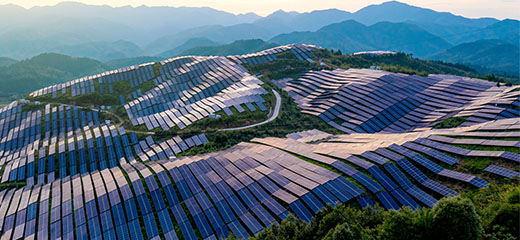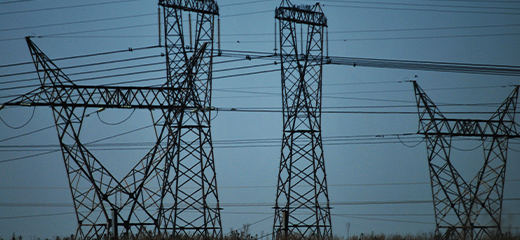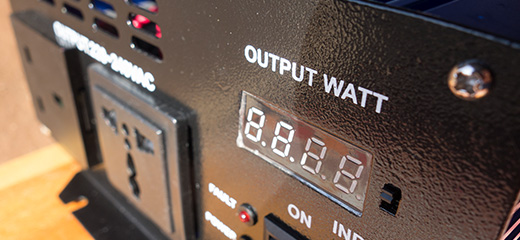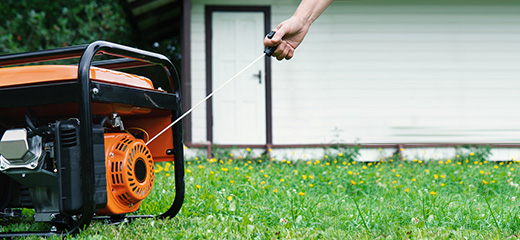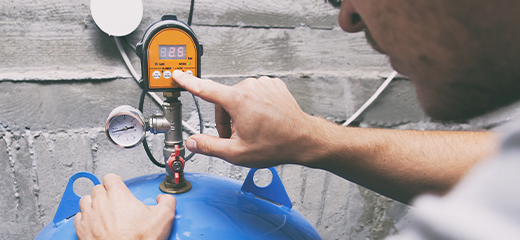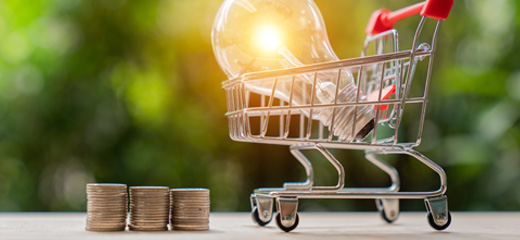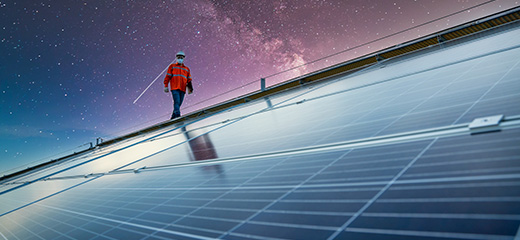
Sun power: How solar works
With no end in sight to Eskom's power crisis, solar power has become a popular topic in South Africa. Given our sunny weather that extends throughout the year, solar power certainly has many benefits to offer government, business, communities and individuals. And advances in technology, together with worldwide demand, mean the cost of solar solutions are declining every day with more financing options available than ever before.
Solar power has many applications and is undeniably more eco-friendly than most of the ways we generate electricity. But how does it work?
A solar power system essentially converts light from the sun into usable energy. When the sun's light – or solar radiation – hits the semiconductor material within the solar panel, electrons are released which generate electric current. The amount of electricity that can be generated this way depends on the number of solar panels in the grid, their positioning and the amount of time they are directly exposed to the sun.
The electricity generated in the solar panels is direct current (DC), so an inverter is required to convert it to alternating current (AC) electricity which can be used in homes and businesses. Once it has been converted, it is then distributed through your electrical panel to power your home, or specific appliances and applications such as geysers, lights and many more.
But what happens if you don't use your solar power immediately? This is a common question with a variety of answers.
Solar-powered lights, for instance, feature built-in storage which holds on to the electricity for later use. The storage space is limited, however, requiring regular replenishment.
Most solar-powered geysers, on the other hand, use the gathered electricity immediately to heat the water. The geyser is specifically designed to reduce heat loss as much as possible to ensure that the water remains hot throughout the night. However, if all the hot water is used during the night there will be no water in the morning.
A home or business can use its solar-generated power in a similar way: immediately using the solar power to run washing machines, fridges and the like during the day and then using municipal power during the night.
Alternatively, one or more batteries can be added to your solar solution which will allow you to store any unused solar power for use at another time. Depending on the size of your solar solution, including the number of solar panels and the size of your battery bank, it is possible to no longer rely on Eskom or municipal power providers for your electricity needs. Alternatively, a smaller battery bank can provide you with enough electricity to keep you going during outages and loadshedding.
Whether it's for powering small outdoor appliances, power-hungry geysers, loadshedding and electricity price relief or escaping Eskom altogether, solar power has much to offer in the way of alternative energy that is both renewable and environmentally friendly. With no end in sight to Eskom's power crisis, solar power has become a popular topic in South Africa. Given our sunny weather that extends throughout the year, solar power certainly has many benefits to offer government, business, communities and individuals. And advances in technology, together with worldwide demand, mean the cost of solar solutions are declining every day with more financing options available than ever before.
LookSee offers a full solar journey coupled with a Savings Guarantee based on your minimum saving expectations over 6 months and a once-off R2 000 cashback if savings are not met.
